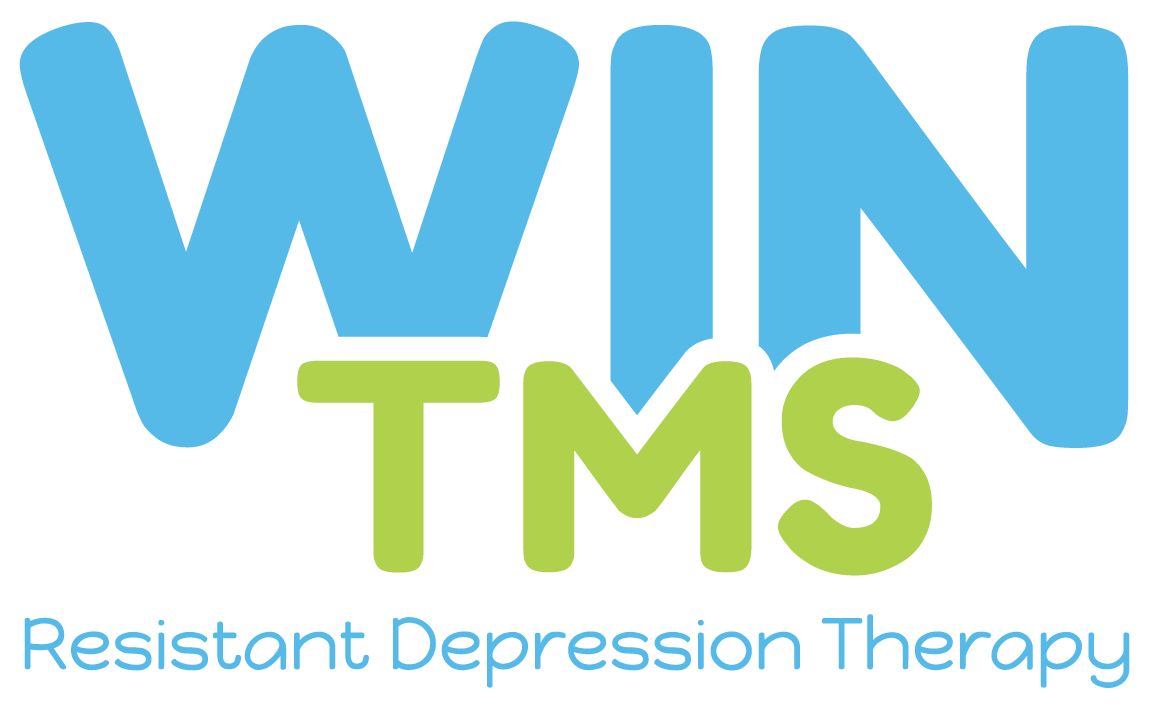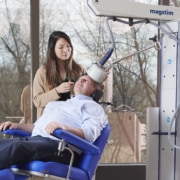Has Medicine Misunderstood Your Depression Until Now?
Today’s blog entry reminds us that research is actually among life’s diverse wonders. It reveals our world to us and helps us enjoy better lives. Ongoing scientific research also helps us “correct course,” as they say.
Ultimately, we want to discuss an important course correction in the treatment of depression today.
The Conventional Way of Thinking About Depression
You probably know that psychiatrists and pharmaceutical companies have tended to link people’s depression with low serotonin levels for decades. Since at least the 1990s, a significant portion of healthcare professionals who serve people facing depression have leaned into the idea that your brain’s serotonin activity is at the root of your depression.
As a result, professionals in this field have prescribed drugs from the family of selective serotonin-reuptake inhibitors, which you may know as SSRIs. These prescription drugs feature common brand names that have entered popular culture. Prozac is one of several examples.
The average person’s likely ability to name multiple antidepressant pill brands points to SSRIs’ widespread usage during the previous few decades.
Of course, this conventional treatment method was not pulled from thin air. Its origins date to the 1960s. Medical science in that decade began studying a possible link between the serotonin in our brains and how we feel.
In the time that passed between the 1960s and the 1990s, multiple studies, in summary, found that an imbalance of serotonin plays a role in depression, and SSRIs were developed with the intent to help patients navigate their lives with lighter spirits.
Newer Research Points a Different Direction
Proper science is always seeking the right answers, so conscientious health professionals who treat depression did not just accept SSRIs as a universal solution. They continued listening to patients and running research studies.
We want to stress that research studies also need peer review.
Thankfully, a team of experienced psychiatrists recently performed a comprehensive, systematic review of studies regarding serotonin, SSRIs and depression released during this century. They published their findings in Molecular Psychiatry in July 2022. Also, two of the review’s six authors, Joanna Moncrieff and Mark Horowitz, wrote a compelling summary for The Conversation.
Here Are the Systematic Review’s Crucial Highlights
In their summary, the two authors note that patients have taken SSRIs because they have trusted their doctors. Those doctors are doing their best for their patients, so let’s hope they have read the recent review.
After all, the authors’ comprehensive review of these studies concludes that a serotonin imbalance is not the likely cause of a person’s depression. Their work was important. It backs up health professionals who have long contended that no substantial evidence exists to support the widespread usage of SSRIs, and it gives you a relevant reason to begin seeking other treatment avenues if you are not sure about these drugs’ place in your life.
Critically, the review’s authors point to other sound ways to explain the effects of SSRI antidepressants. They note that, collectively, drug trials have shown placebos to be on par with antidepressants when evaluating the potential to treat depression. Importantly, these drugs also generally numb human emotions. That effect, offer the authors, could have an impact on your mood.
The review’s authors also note that multiple studies have compared the serotonin levels in people’s blood and brain fluid. No difference could be established between people who have been diagnosed with depression and those who have not received such a diagnosis.
Throughout the review, its authors take us on a journey across other major areas of serotonin research:
- Studies focused on serotonin receptors
- Research of a protein that helps terminate serotonin’s effect after transmission
- Attempts to induce depression by artificially lowering serotonin
- Gene studies featuring more than 10,000 patients that compared gene variations
At the end of this journey through types of research, the reviewers note the substantial influence of the biological theory that places serotonin at depression’s origin. They also firmly report that extensive scientific evidence simply does not support that widely held theory.
Further, the authors state, “We conclude that it is impossible to say that taking SSRI antidepressants is worthwhile or even completely safe.”
Consult With Your Doctor
Now, if you are currently taking an SSRI for depression, it is important to talk with your prescriber before abruptly stopping your medication. Quick changes in treatment can have unexpected effects.
Your Life’s Course Correction
If your life’s journey has included depression, we encourage you to view this information about recent research studies as good news. It casts light on the path ahead of you, and it offers you new hope.
Your past is behind you, and the advice and treatments from the past were based on what our field understood then. Thanks to continued research, we know more today, and our healthcare practice felt a strong duty to share the news with you.
Now that you have this new information, you get to decide how to correct your course.
Our Drug-Free Treatment for Persistent Depression
At WIN TMS we offer a powerful alternative to conventional treatments for depression. If you have previously experienced obstacles in your depression-treatment journey, we may be the right answer for you.
What Is Our Treatment Called?
Actually, our treatment is in our name. It’s TMS, which is the abbreviation for transcranial magnetic stimulation.
What Is Transcranial Magnetic Stimulation?
Some people think of TMS as a cross between an MRI and the dentist’s chair. That’s a very close match, but our treatment is more convenient than either of those scenarios, and it’s usually painless. The dentist can’t say that!
Like an MRI, our treatment uses an electromagnet, but ours is a handheld unit that we expertly place against your skull. This gentle tool addresses depression symptoms by resetting the speed of your brain’s motor cortex, which has nothing to do with serotonin.
Who Can Use TMS?
We offer TMS to anyone who experiences TRD. Now, we assure you we are not speaking in code. When we say TRD, we mean treatment-resistant depression. If you have faced depression through several attempts to treat it, our service may be the course correction you need.
Vital Facts About the Treatment We Offer at WIN TMS
Here are other key elements to help you determine if this is the ideal course correction for you:
- 83% of TMS patients have reported improvement.
- 62% enjoy full remission of depression symptoms.
- Insurance covers TMS treatment.
- Results appear within weeks.
- Full treatment usually takes between six and eight weeks of daily sessions that last about 20 minutes.
- We offer three convenient locations around Milwaukee that are open on weekdays.
- Many of our patients drive themselves to their appointments.
We Are Good Listeners
By now, you likely have questions regarding the information you have learned from today’s blog. You may wonder about the experience of a TMS session or how your body might react to the treatment, for example. We understand, and we encourage you to contact us with any question you may have. You will find empathetic listeners at WIN TMS. We care about improving life for everyone who connects with us.
Reach out to us today. We will help you discover the right course for you.
You May Also Want To Read:
Could Our Convenient Therapy Help You Address Multiple Treatment-Resistant Conditions?
What Is TMS Therapy?
Mental Health Clinics in Oak Creek












Leave a Reply
Want to join the discussion?Feel free to contribute!